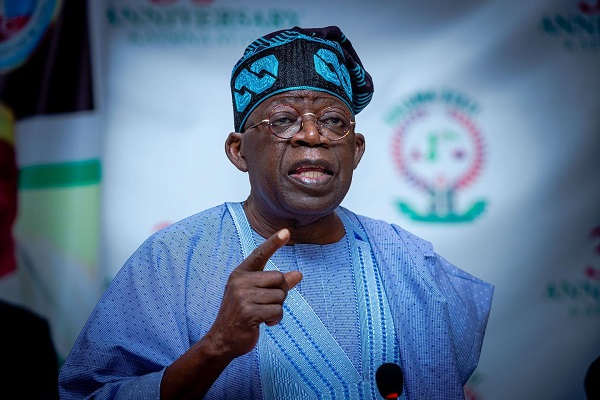Faced with criticism, the Presidency on Thursday insisted that the foreign direct investments worth $30 billion announced by President Bola Tinubu are not an exaggeration but a reality.
In an “explainer” that he provided, the Senior Special Assistant to the President on Media and Publicity, Temitope Ajayi, maintained that the investments are real and based on solid commitments from international and domestic investors.
In his October 1st Independence Day broadcast, President Tinubu announced that his administration had attracted over $30 billion in foreign direct investments (FDI) within its first 16 months.
This announcement, however, sparked intense debate among social media users and television commentators, with critics rushing to fact-check the president’s claim.
The presidential aide, however, defended the president’s statement, emphasizing the difference between attracting and securing investments.
“Investment commitments don’t always translate into immediate cash inflows,” Ajayi noted, explaining that many of these investments are still in the process of materializing, from machinery and raw materials arriving in Nigeria to final decisions being made on large-scale projects.
He pointed out that during the G20 Summit in India last year, Tinubu secured $14 billion in investment pledges from Indian businesses, including $8 billion from Indorama to expand its petrochemical and fertilizer plant, $800 million from Bharti Airtel for network expansion, and $3 billion from Jindal Steel for steel production.
Additionally, Airtel has already begun construction on a $500 million data center in Lagos, which further strengthens Tinubu’s claims.
Furthermore, the presidential aide noted that In the energy sector, ExxonMobil announced a $10 billion investment in Nigeria’s deepwater oil production during a recent meeting with Vice President Kashim Shettima, while Total Energies committed to a $550 million investment in gas exploration.
Other major companies, he said, have also reaffirmed their confidence in Nigeria’s economic potential.
Coca-Cola has revived its paused $1 billion investment plan, while APPL is developing a €9.2 billion hydrogen project in Akwa Ibom State, projected to create 25,000 jobs. Afreximbank, Maersk, and Shell have also committed billions to various sectors of the Nigerian economy, from port infrastructure to energy and manufacturing.
Ajayi’s explainer is ostensibly to counter critics who argue that the real challenge lies in converting these commitments into tangible investments that boost Nigeria’s economy.
They also point out that previous governments have announced large investment pledges that never fully materialized.
READ MORE FROM: NIGERIAN TRIBUNEREAD MORE FROM: NIGERIAN TRIBUNE
